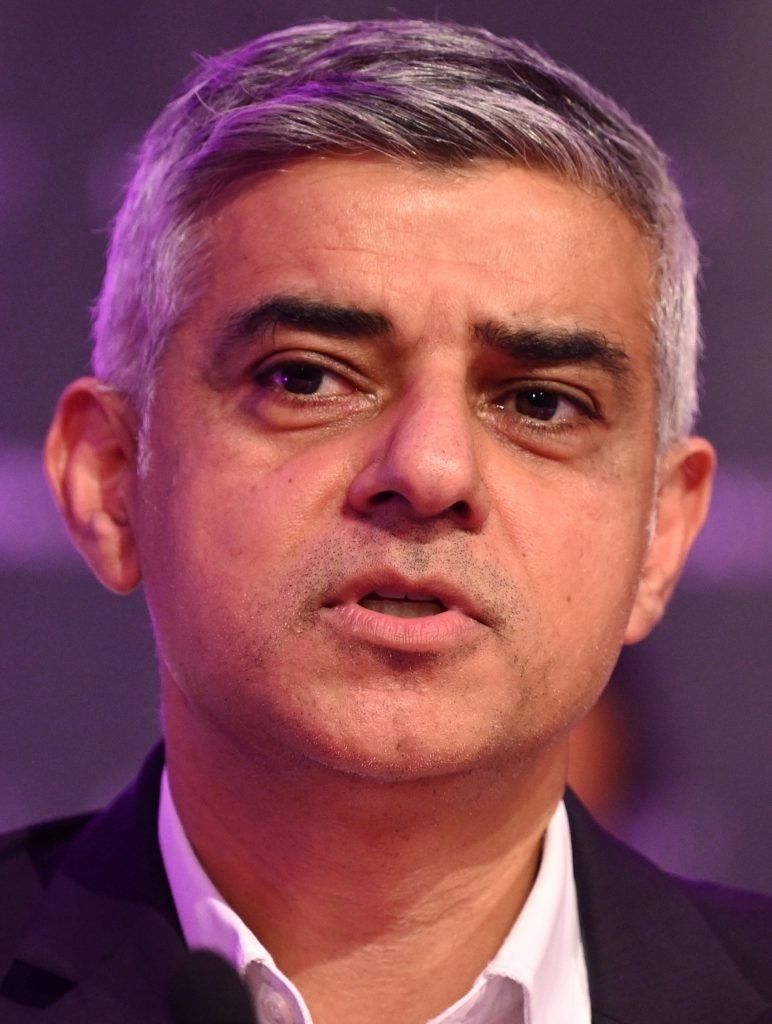NEW research published on Thursday (17) revealed that areas of London with black, Asian and minority ethnic populations of more than 50 per cent are more likely to face the highest climate risk including flooding, exposure to toxic air, heat risk and limited access to green space.
According to a City Hall analysis, if the necessary action is not taken and extreme temperatures and flooding continue to get worse, a quarter of London’s rail stations, 1 in 5 schools, nearly half of London’s hospitals and hundreds of thousands of homes and workplaces will be at risk of flooding in the future.
The greatest impacts of the climate crisis will be felt disproportionately by those with the fewest resources to cope. The poorest, the elderly, children and women are typically the most exposed, a statement said.
In London, Mayor Sadiq Khan has already taken action through the introduction of the world’s first Ultra Low Emission Zone (ULEZ), which has helped reduce pollution in central London by nearly half at the same time as cutting carbon emissions.

Last October, the zone expanded up to the north and south circular roads. The expanded ULEZ is expected to reduce road transport NOx emissions by around 30 per cent.
Khan recently asked TfL to consult on expanding the ULEZ London-wide in 2023. This follows the publication of a report last month which revealed that in order to meet the target of getting to net-zero in London by 2030, car traffic must reduce by at least 27 per cent in the capital by the end of the decade.
“We don’t have time to waste. The climate emergency means we only have a small window of opportunity left to help save the planet by reducing carbon emissions. This is also a matter of racial justice. The effects of the climate crisis won’t impact all Londoners equally – with the poorest, minority communities and most vulnerable expected to be hit the hardest,” Khan, who is also chair of C40, said.
“Poverty, deprivation and health inequalities will reduce people’s ability to prepare for, respond and recover from overheating and flooding incidents. London has a responsibility to act – not only to protect our capital, but to help safeguard the places around that world that we are so fundamentally linked to as a city. That’s why I’m determined to ensure that London continues to lead from the front in tackling air pollution and the climate emergency.”
Mark Watts, executive director, C40 Cities said: “‘World cities’ like London are so named because their international populations represent a microcosm of global human civilisation in one place – the wealthier in urban society contributing to climate emergency and the poorest most impacted by it. Leadership in cutting global emissions must start at home and in our cities.
“Winning support for bold climate action in London will not only benefit diverse communities of vulnerable Londoners but inspire greater climate collaboration between people and nations right across the world.”
Syed Ahmed, chair of Community Energy for London, has said that BAME and poorer Londoners are more likely to live in areas that feel the full impact of climate change.
“This can be as a result of poorer housing, increased pollution or reduced access to green spaces. This is a welcome study highlighting what we see across the globe, that the most vulnerable communities bear the full impact of a changing climate.”
Louise Pryor, London climate change partnership, said: “It’s clear that the impacts of climate change don’t affect us all equally. Both in London and worldwide it is the poorest and most vulnerable who are hardest hit, so it’s good to see London targeting its climate adaptation measures to support our most vulnerable populations and reduce climate inequality.”
